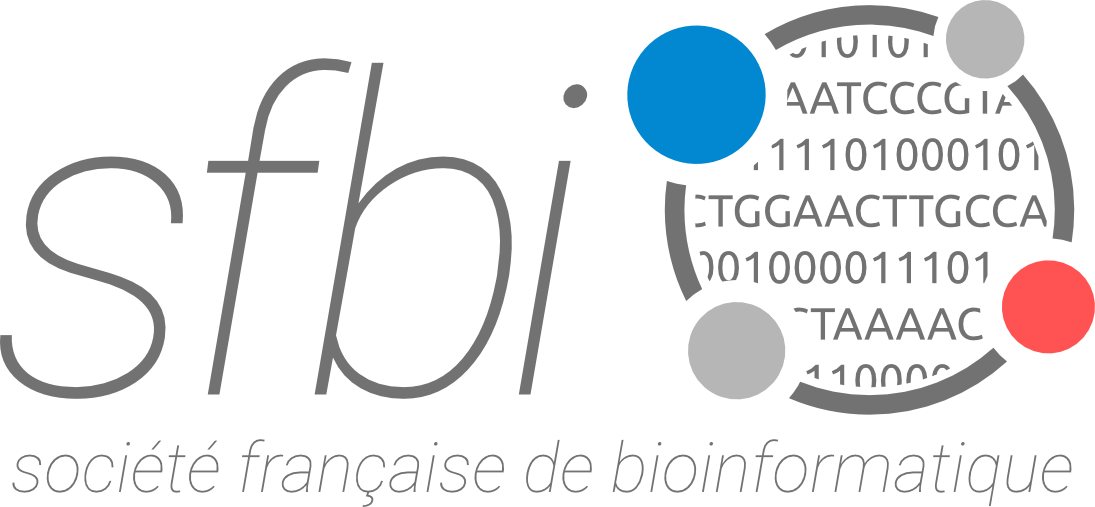Stage en immunologie des systèmes pour l'analyse de microbiomes
Stage · Stage M2 · 6 mois Bac+5 / Master Unité de recherche i3, Inserm UMR-S 959 · Paris (France)
Date de prise de poste : 15 février 2023
Mots-Clés
microbiome microbiote immunology bioinformatics clinical trials
Description
The i3 laboratory (www.i3-immuno.fr) is seeking to recruit a 2nd year M.Sc. student in bioinformatics with strong interest in the analysis of high-throughput metagenomics data collected in the context of autoimmune diseases and clinical trials.
Our lab secured 2 major grants in the field of systems immunology of autoimmune diseases (AIDs):
• Transimmunom is a Laboratory of Excellence aimed at deep phenotyping of 500 patients with various AIDs (www.transimmunom.fr).
• iMAP is a Recherche Hospitalo-Universitaire grant aimed at developing low dose IL-2 as a therapy of autoimmune diseases, and likewise study the biology of IL-2 in humans.
These two programs are producing a unique and massive harmonized collection of clinical and biological data in several AIDs, including microbiome studies (by metagenomics) with the aim of identifying biomarkers, which will ultimately sustain the rational development of innovative biotherapies. From metagenomics data we can perform the taxonomic (which species are there?) and functional profiling (what are they doing?) which have already been done on all samples from the two clinical trials. We are seeking a bioinformatician or computer scientists to develop new tools, strategies, or techniques for the analysis of metagenomics data in the field of autoimmunity.
The main goal of this internship is to identify differentially abundant species and pathways between conditions (healthy volunteers versus patients with autoimmune diseases or patients with different treatments).
We recently published in JCI Insight (Tchitchek et al. JCI Insight. 2022) our work demonstrating that IL-2 markedly affects GM composition in mice and humans. Moreover, we showed that the transfer of an IL-2-tuned microbiota by FMT protected C57BL/6J mice from induced colitis and prevented diabetes in NOD mice. These published results provide novel insights for understanding the mode of action of Treg-directed therapies through microbiome modulations, and we are willing to pursue this work in the context on other projects of the lab.
There exist multiple analysis methods (univariate, multivariate and machine learning) hence the challenge to identify the most suited methods to discriminate the best between conditions based on microbiota profiles. A second objective will be to integrate clinical data (Age, Sex, CRP, Disease Activity Index etc.) with metagenomics data to identify common microbiota changes based on common traits.
Selected candidate will work in strong collaboration with immunologists, clinicians, bioinformaticians, mathematicians and statisticians. The i3 laboratory is offering a unique interdisciplinary environment located in the center of Paris at the Pitié‐Salpêtrière hospital campus in Paris (13ème), with strong connection with on-site research labs and facilities as well as with Sorbonne Université Medical School and Science and Engineering school faculties.
Candidate profile: The candidate must be a 2nd year M.Sc. student in bioinformatics, biostatistics, statistics, mathematics, or computer science, or in biology with strong interest with systems biology approaches.
Candidature
Procédure : Merci d'envoyer un CV à Nicolas Tchitchek (nicolas.tchitchek@sorbonne-universite.fr)
Date limite : 15 novembre 2022
Contacts
Nicolas Tchitchek
niNOSPAMcolas.tchitchek@sorbonne-universite.fr
Offre publiée le 7 octobre 2022, affichage jusqu'au 14 janvier 2023
